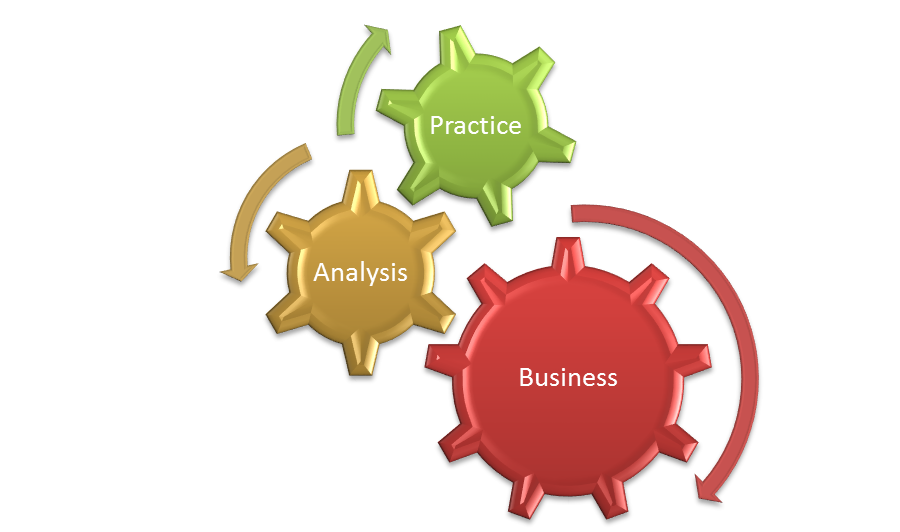York is a historic walled city at the meeting point of the rivers Ouse and Foss in North Yorkshire, England. The municipality is the old county town of Yorkshire to which it gives its name. The city has a rich legacy and has provided the venue for main political events in the UK throughout much of its two millennia of existence. The city offers a number of the wealth of historical attractions, of which York Minster is the most prominent, and diversity in cultural and sporting activities making it a popular tourist destination for millions.
In the 19th century, York became a centre of a confectionery manufacturing centre and the railway network. In recent decades, the York’s economy has risen from being dominated by its confectionery and railway-related industries to one that provides services.
Early history
Archaeological evidence recommends that Mesolithic people settled in the area of York between 8000 and 7000 BC, although it is not recognized whether their settlements were temporary or permanent. By the time of the Roman conquest of Britain, the area was occupied by a tribe known to the Romans as the Brigantes.
Governance
Parliamentary constituencies
From the year 1997 to 2010 the central part of the district was covered by the City of York constituency, while the remaining was divided between the constituencies of Ryedale, Selby, and Vale of York. These constituencies were represented by John Grogan, Hugh Bayley, John Greenway and Anne McIntosh respectively.
Demography
The population of the York urban area was a 137,505 with 66,142 males and 71,363 females in 2001. The urban population was increased to 153,717 at the time of 2011 UK census. Also at the time of the UK census in 2001, the City of York had a total population of 181,094 which includes 93,957 were female, and male were 87,137. Of the 76,920 households in York, married couples living together were 36.0%, one-person households were 31.3%, Cohabiting couples were 8.7%, and 8.0% were lone parents.
Economy
York's economy is depended on the service industry, which in 2000 was responsible for 88.7% of employment in the city. The service industries include education, health, finance, information technology (IT), public sector employment, and tourism that provides 10.7% of employment.

 ENQUIRE
ENQUIRE
 REQUEST CALLBACK
REQUEST CALLBACK
 GET A FREE QUOTE
GET A FREE QUOTE


 Introduction
Introduction Course Details
Course Details Course Content
Course Content





 London
London